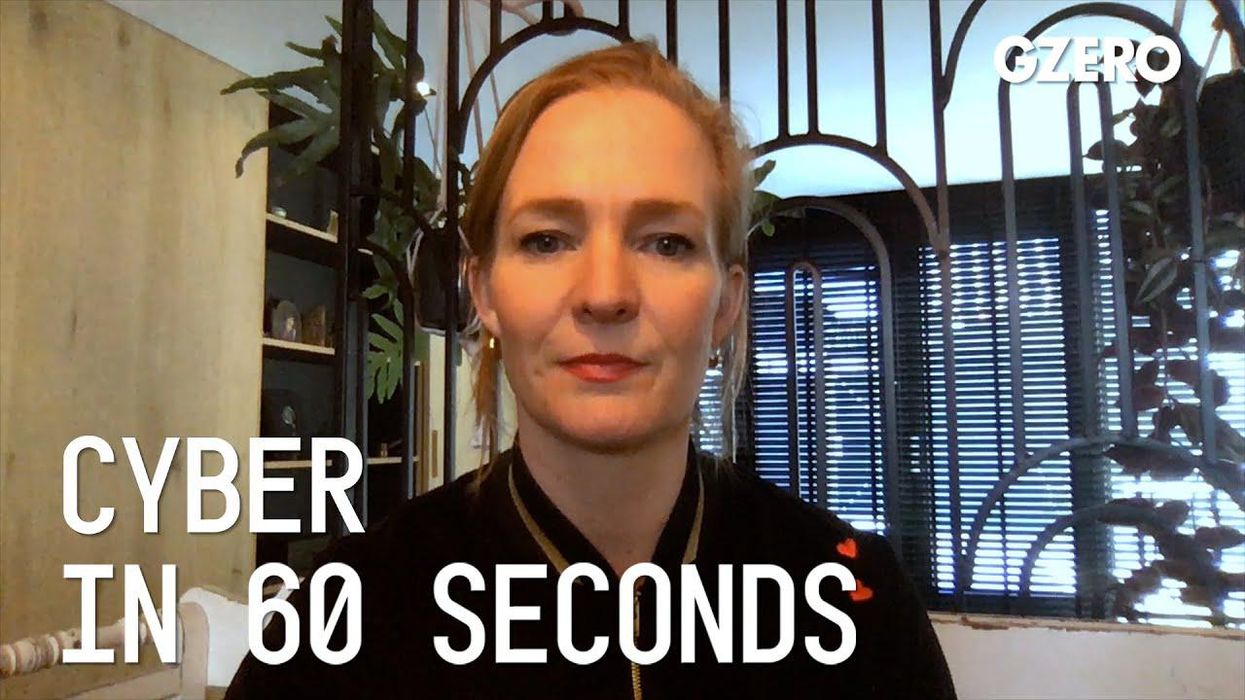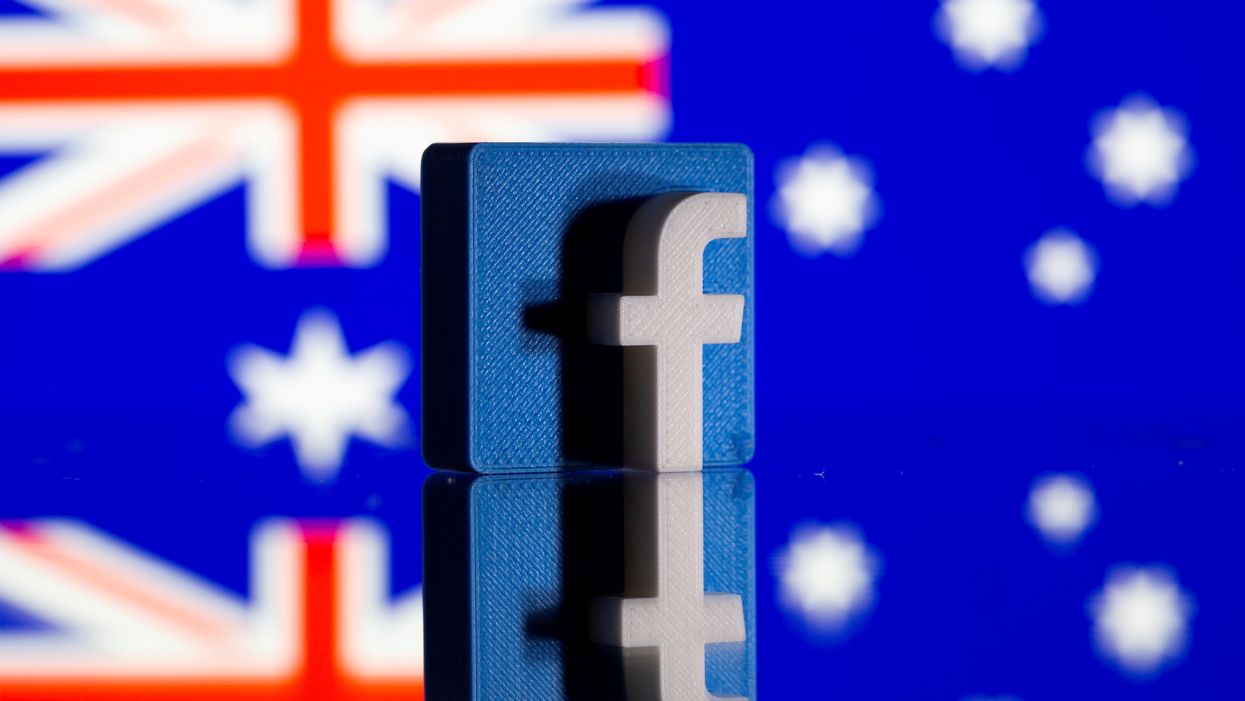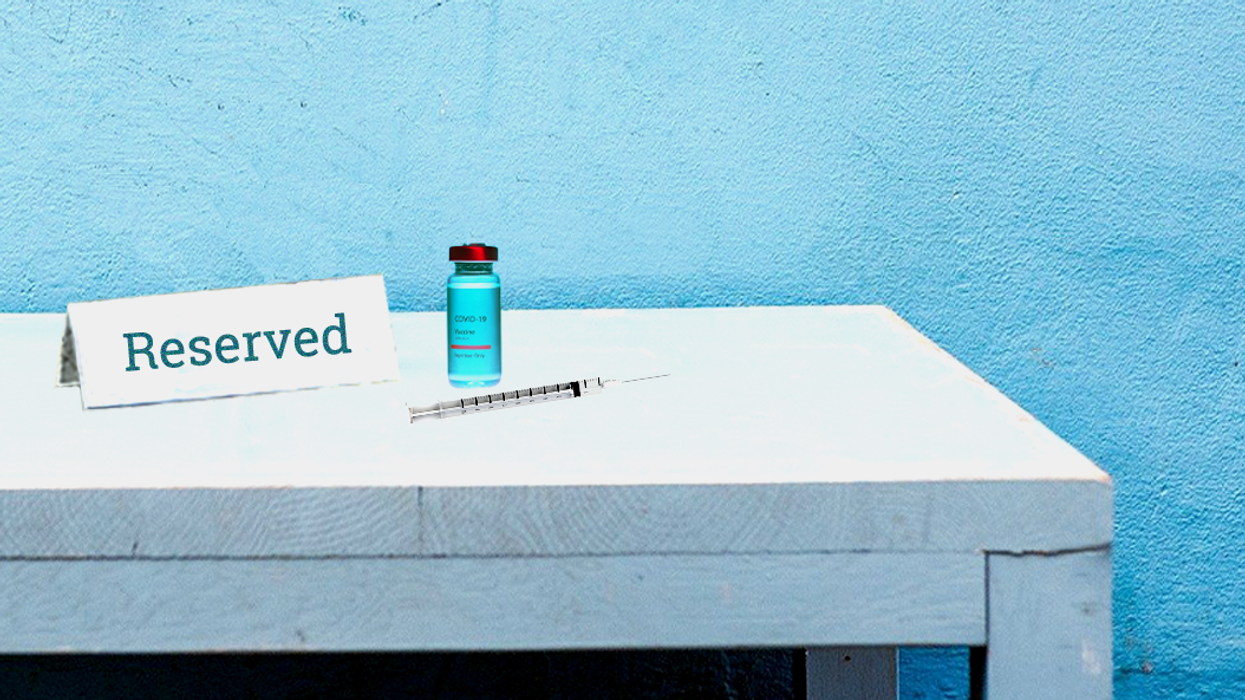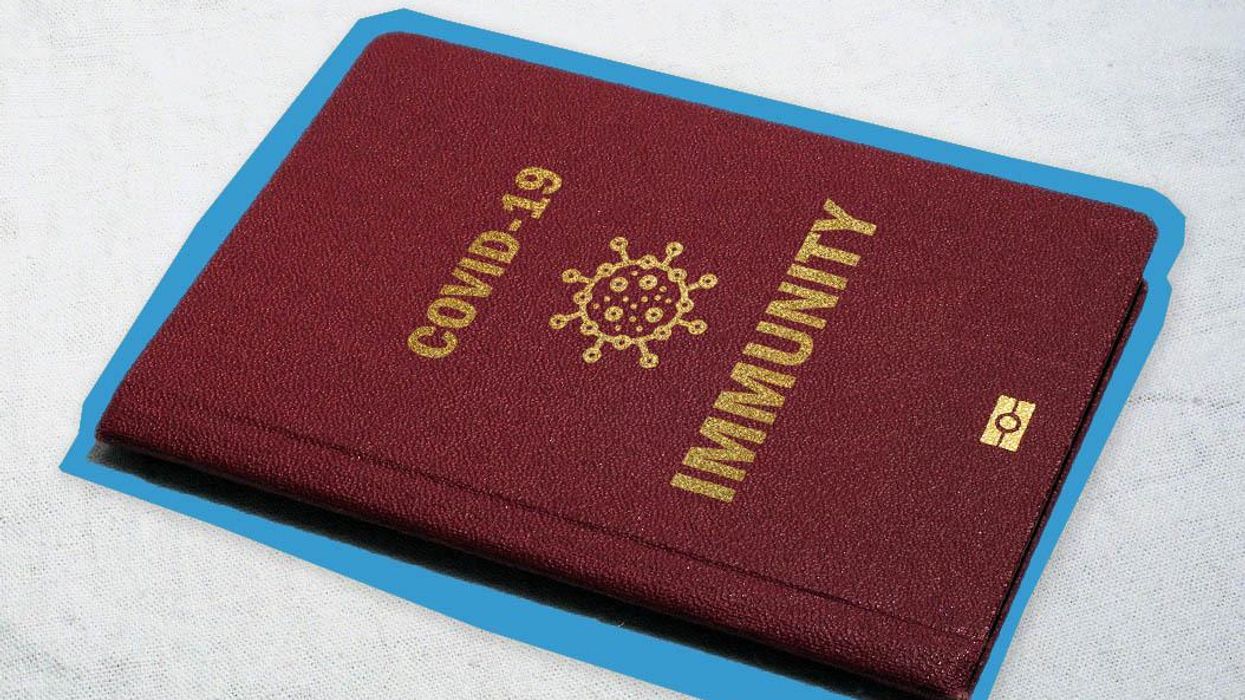Cyber in 60 Seconds
EU & US: democracy frames tech approaches; Australia & Facebook flipflop
In a world where data is more valuable than oil and cyberattacks are rapidly emerging as modern warfare, our new series Cyber in 60 Seconds explores what it all means for you—from data privacy to national security. Hosted by Marietje Schaake, International Policy Director at Stanford University's Cyber Policy Center and former European Parliamentarian, this weekly video series will bring you the latest news on big tech, privacy protection and emerging trends in cyberspace.
Feb 24, 2021




